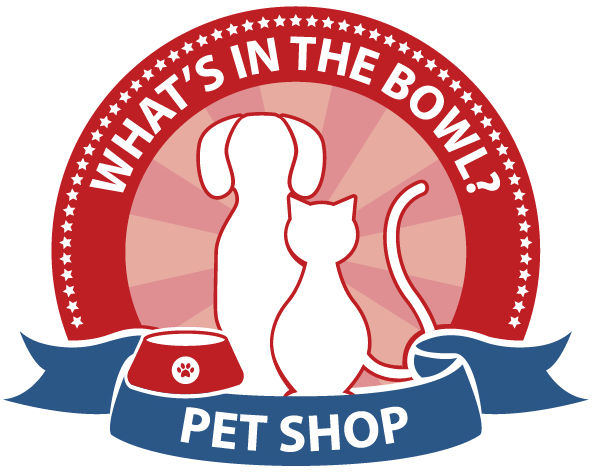DOES NATURAL ALWAYS MEAN GOOD?
Sean B. Jones, MS, MBA
Just because something comes from nature doesn't automatically make it a good choice for a snack or meal. Take lead and arsenic, for example—both are natural elements, yet highly toxic. This concept extends to various foods that, while natural, aren't suitable for all creatures. Earthworms happily consume soil, and pandas rely almost entirely on bamboo, but neither soil nor bamboo are suitable foods for humans, dogs, or cats.
The key question here is: Are the foods you're feeding your pets biologically appropriate for their species? For instance, no one would consider feeding meat to a horse or cow, as they are herbivores, just as you wouldn't feed grains to a carnivorous snake. Each species thrives on a diet suited to its digestive capabilities and biological needs.
Dogs And Cats Do Not Instinctively Seek Out And Consume Grains

Although many animals may look similar, their internal mechanisms for processing food can be vastly different. Humans and apes, despite their external similarities, have different digestive systems and nutritional needs. Likewise, many herd animals such as cattle, sheep, goats, and camels have multiple stomachs to help them digest plant material—something completely foreign to both humans and carnivorous pets.
Like humans, the fact that a dog or cat will eat something doesn't necessarily mean it's healthy for them.

From a scientific standpoint, humans are classified as omnivores, capable of eating both plant and animal substances. Conversely, horses and cows are herbivores, thriving on plant-based diets. Cats and dogs, however, are classified as carnivores. They rely on animal tissue for sustenance and lack the physiological means to effectively digest plant material. Even if they could break down some plant matter, their short digestive tracts would prevent them from extracting adequate nutrients. This misalignment in diet can lead to health issues such as immune responses or "leaky gut" syndrome.
That being said, carnivorous pets such as dogs do obtain nutrients from plant material, albeit indirectly, through their prey that have consumed such vegetation. This incidental consumption can offer certain health advantages. Specifically, dogs have been known to ingest small quantities of plant material for its medicinal properties, and they are particularly adept at digesting plant matter that has already been partially broken down in the stomachs of their prey, thereby gaining additional medicinal benefits.
When it comes to commercial pet foods, many products are loaded with sugars, grains, and synthetic ingredients that do not meet the dietary needs of carnivorous pets.
Consider that there is not a perfect, balanced complete diet for humans at the grocery store. But, at least the label on human foods discloses all of the ingredients, and the guaranteed analysis percentages add up to 100%. Meanwhile, pet food labels can be somewhat deceptive in comparison. Based on current regulations, it is possible that there are ingredients in pet foods that are not listed on the label.
A peculiar yet common issue with pet products is that the percentages listed on dry food packages often don't sum to 100%, indicating missing information about the ingredients.
Therefore, it’s vital for pet owners to educate themselves and choose pet foods that are completely appropriate for their animal’s species, free from unnecessary fillers and inappropriate ingredients. By selecting diets that align closely with the biological needs of their pets, owners can ensure the health and well-being of their furry family members.

